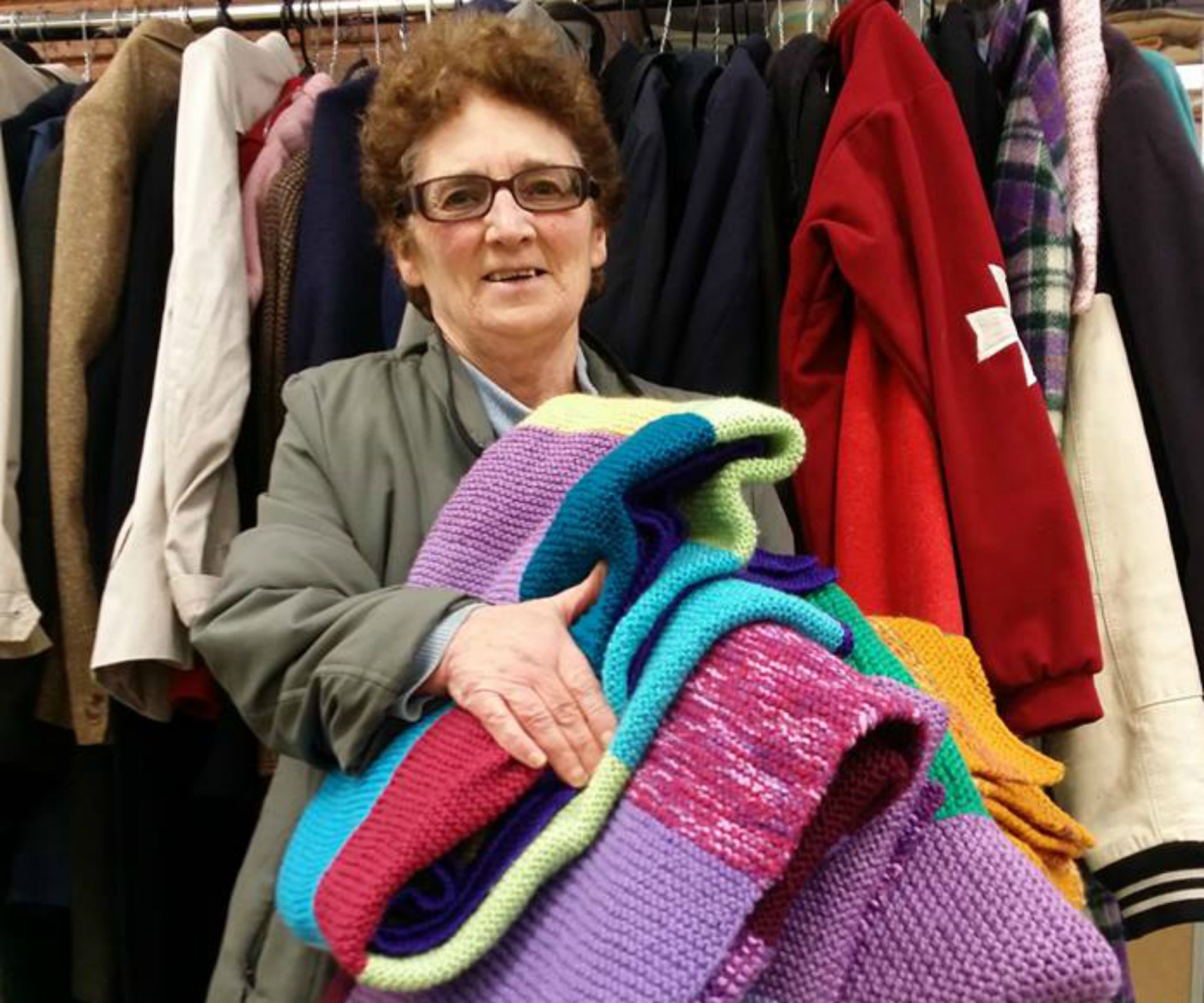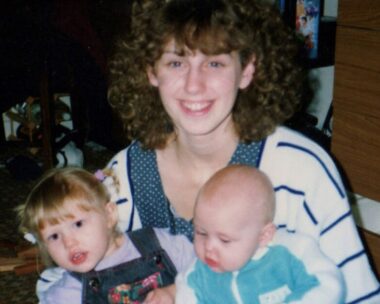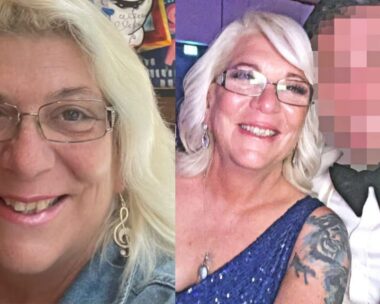Feeling helpless to support asylum seekers in Australia in a meaningful way, one Victorian woman named Kerry has been knitting blankets and scarves to keep them warm during Winter.
In a Facebook post now liked by nearly 46,000 people, and shared over 1000 times, people around Australia have rallied behind her to show their support.
The recipients of the woolen products, The Asylum Seeker Resource Centre, were overwhelmed by Kerry’s contribution.
“This winter we have seen a greater need for our services than ever before,” a spokesperson told The Weekly Online.
The $20 million cuts to funding across the sector in 2014 meant the Centre was left unable to keep up with community demand.
“Help from people like Kerry mean so much to us. It means we can put more resources into things like healthcare, to set up an immunisation clinic for people and children that don’t have access to Medicare.”
After seeing Kerry knit so many items for a worthy cause, other volunteers have followed suit.
“[Kerry] also inspired other knitters around Melbourne to join in, and we’ve received over 200 hand-knitted blankets since,” the ASRC said.
As an independent organisation, the Centre relies on over 1200 volunteers like Kerry to provide services to asylum seekers.
Over 80 per cent of the people they serve have no income, receive no social security allowances and live well below the poverty line.
The chance for asylum seekers to access hot meals, fresh food, health care, legal assistance and pathways to education and employment through the ASRC is therefore invaluable.
“Thank you Kerry for your gracious kindness to those we should be helping. Asylum-seekers and refugees are the most vulnerable people in our broken world. So deeply encouraged by this,” ASRC supporter Peter Murphy said.
You can register for a ASRC volunteer information evening at www.asrc.org.au. Alternatively you can send in gift vouchers for asylum seekers to use on emergency supplies or international calling cards so they can contact their families.




